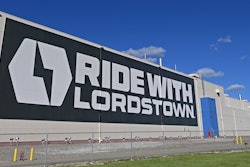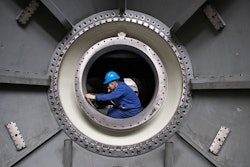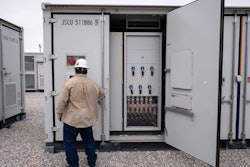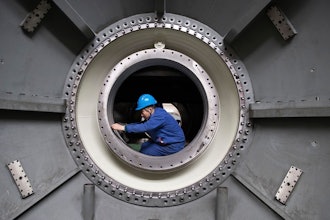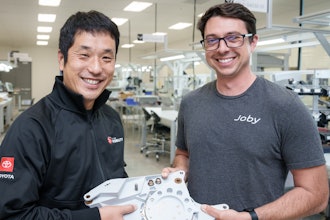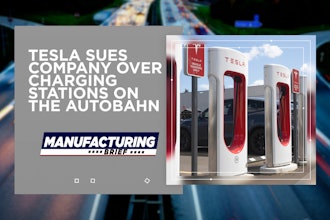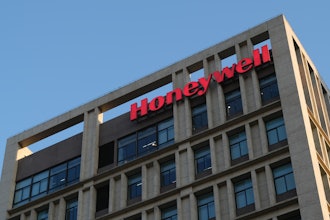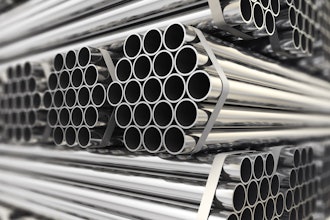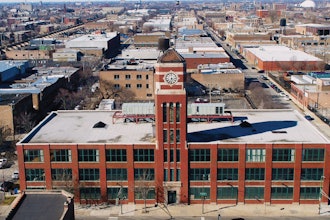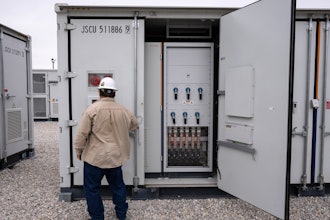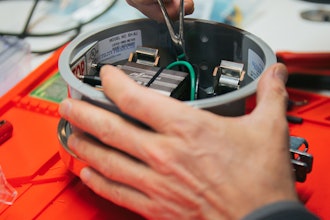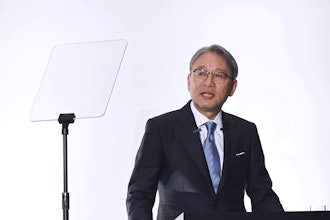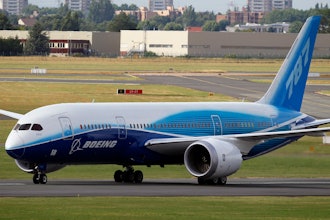
FRANKFORT, Ky. (AP) — A company that promised a $1.7 billion aluminum plant in Appalachia still needs a $500 million cash infusion to do the job, the new CEO told Kentucky lawmakers Tuesday, following a corporate management shakeup. Braidy Industries officials appeared before the Senate Appropriations and Revenue Committee following the recent ouster of Braidy's CEO, which raised new concerns about the prospects of the uniquely-structured project.
Kentucky taxpayers have a direct stake in Braidy's plans to build the aluminum rolling mill near Ashland in northeastern Kentucky. During his term as governor, Republican Matt Bevin persuaded lawmakers to approve a $15 million state investment in the project.
Even with that boost, the project struggled from the start to obtain the private capital it needed to get the project off the ground. In their testimony, Braidy executives expressed confidence that the plant will become a reality, along with 1,500 construction jobs and more than 650 full-time mill jobs that have been promised.
"I'm as confident today as I was three years ago when we started this project," said Tom Modrowski, who stepped in recently as Braidy CEO to replace Craig Bouchard, who had been the public point man for the project. The abrupt change appeared to catch Bouchard by surprise and led to a messy public dispute. He initially challenged his removal as CEO.
Braidy's board made the leadership changes because it wanted "more progress, faster," Modrowski told the committee. "The board is eager — like you — to get this project built," he said. "And we're confident the changes we have made will yield progress."
Committee members said they're rooting for Braidy to uplift the economy in a region in need of jobs, but they also asked pointed questions about the company's finances. In response, Modrowski said the company has $65 million on hand and commitments for $200 million in financing for the project. The company still needs to raise $500 million, which it hopes to do before the end of its current fiscal year, he said.
"We're focused each and every day to breathe life into this project," he said. "Our current board is very active working to raise the balance of that equity each and every day. ... It is our expectation that this will happen by the end of the year." Braidy's CEO acknowledged that the $200 million in commitments were predicated on the company's ability to raise the additional $500 million needed.
"If so, is there a deadline for doing that, which the $200 million would go away if you don't have the $500 million?" Senate Minority Floor Leader Morgan McGarvey, D-Louisville, asked. "The short answer is 'yes,'" Modrowski replied. "But again, we have every expectation that that will happen." Modrowski said the "business case"' for building the plant remains strong.
U.S. aluminum mills are operating at or near full capacity, and demand for high-strength aluminum is growing from the automotive and consumer products sectors, he said, and Braidy has commitments from customers to purchase more than 50 percent of the mill's output when production starts. The company also has obtained a number of permits for the project and has negotiated a 10-year power supply agreement, he said.
"We're putting everything we have into this to make it a reality," Modrowski said.
The committee chairman, Republican Sen. Chris McDaniel, asked the company to provide written responses to some questions from lawmakers. McDaniel also requested that Braidy provide lawmakers with a quarterly update on the project. "We will celebrate your successes, quarter by quarter," he said. "But also, there will be accountability necessary to make sure that we're holding to that."
Braidy's Kentucky project drew widespread attention when the company forged a partnership with Russian aluminum giant Rusal, which previously faced U.S. sanctions for connections to a Russian oligarch.
The state investment also sparked a legal fight over transparency, led by the Courier-Journal, which sought records detailing the company's finances. Democratic Gov. Andy Beshear's administration recently released those records, which Bevin's administration had fought in court to withhold. Beshear defeated Bevin in last year's election.




